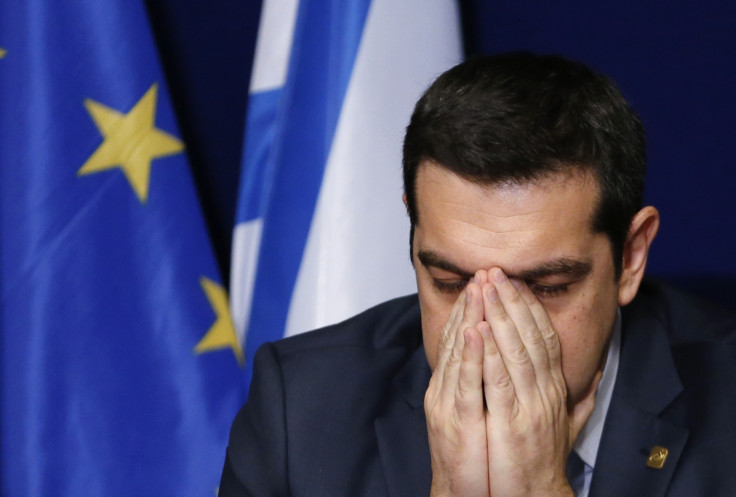Greek debt crisis: Alexis Tsipras resigns and calls snap election for September

Alexis Tsipras has resigned as prime minister of Greece and called snap elections in September after being in charge for seven months and overseeing a major debt deal and a nationwide referendum. He made the announcement late on 20 August after a day of meetings with government ministers and officials in the Syriza party.
Tsipras admitted his government brought Greece to "the edge" but it "managed to get a good deal for the country" in the form of a controversial €86bn (£61bn, $96bn) debt deal to bail out the country in exchange for austerity measures. He said that "despite hardship" ,he remains optimistic and the Greeks have not "seen our best days yet".
Deep divisions have emerged in the Syriza party following debates to finalise the bailout deal, which will be the third cash infusion Greece has negotiated from its creditors. The austerity measures demanded by the deal have split the Syriza party. Former energy minister Panagiotis Lafazanis is leading a breakaway faction within the party and the deal was voted through largely with the help of the right-wing Independent Greeks (Anel) party.
Tsipras, 41, first came to power on 25 January in a snap general election after the fall of the last Greek government. He was tasked with negotiating a fresh deal to resolve the country's €323bn debt crisis. Syriza was just two seats shy of a majority, winning 149 of the 300 seats in parliament.
However, almost a third of those 149 MPs voted against or abstained from voting on the debt deal he negotiated with the eurozone nations in July. The deal fell far short of the tough tone of negotiations led by former finance minister Yanis Varoufakis.
Tsipras will likely be replaced by Vassiliki Thanou-Christophilou, the president of Greece's supreme court as the election proceeds. Thanou-Christophilou will carry out administration of the election and head the government in transition. On 20 August, Greece was given €13bn of the total it owes and immediately paid it to the European Central Bank to avoid default on its latest payment.
© Copyright IBTimes 2025. All rights reserved.





















